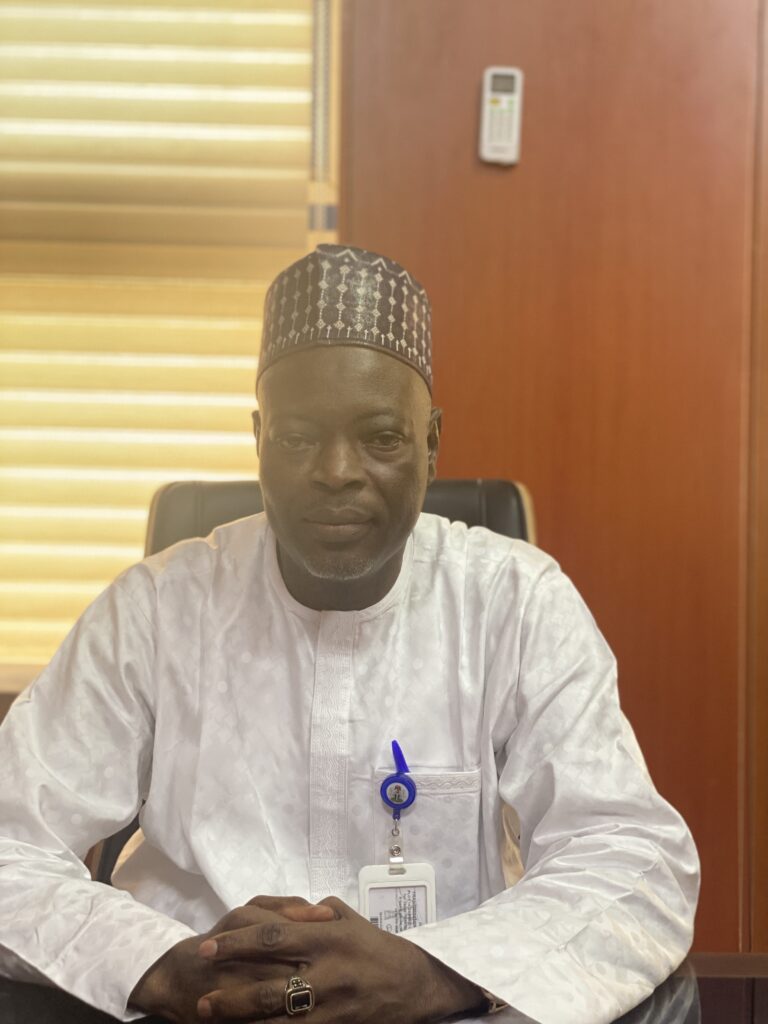To be the louder voice, this was the underlying drive as we set out to establish a technical working group with relevant ministries, department and agencies (MDAs) in Nigeria to develop this white paper on Trade, Energy and Climate Change: Harmonizing Nigerian and Global Concerns on Climate.
To be the louder voice simply means to be audible enough to be heard above the traditional stronger and influential voice so that your interests are recognized too.
…a net zero future is possible when we leave no country behind.
To illustrate, let me draw your attention to how EU and U.S national positions have been translated into global positions, even though realities on ground differ from advanced and developing economies. The EU and U.S both communicated their positions to end investment in fossil fuels in third countries within a space of a few days. The EU energy diplomacy was adopted at the 3784th meeting of the Council on 25 January, 2021, and on 27 January, 2021, the United States president, Joe Biden, signed an Executive Order to end ‘international financing of carbon-intensive fossil fuel-based energy’ (Gaukrodger, 2021). Furthermore, these same positions bear striking resemblances to the COP26 statement titled “International Public Support for the Clean Energy Transition”, where over thirty countries pledged to “end new direct public support for the international unabated fossil fuel energy sector by the end of 2022, except in limited and clearly defined circumstances that are consistent with a 1.5°C warming limit and the goals of the Paris Agreement“(COP26, 2021).
While there is no doubt that the world must transition to net zero, however, is the principle of common but differentiated responsibilities reflected in such a strategy?
An interview on the white paper collaboration with the Federal Government of Nigeria
Why Trade, Energy and Climate Change?
Based on our research, we concluded that international trade, energy and climate change are expected to shape foreign trade and investment policies in the years to come. Moreover, we believed that various forms of trade-related instruments are expected to be put forward as solutions to the climate issue in the twenty-seventh United Nations Climate Change Conference – COP27 and others to come. As expected, some of the points brought up and deliberated during the COP27 aligned with our prediction.
In a planned future where trade instruments are used for environmental regulation, it is important to bear in mind that the EU and U.S, together, account for one-third of global trade and gross domestic product (GDP) (EU, 2020). Thus, there is arguably the risk of global trade and climate positions not appropriately reflecting the needs of aspiring industrialized economies like Nigeria, if we are not careful enough.
So, we saw the COP27 as an opportunity for Nigeria to lead other sub-Saharan African countries to project more strongly the needs of these economies in trade, energy and climate change.
Download the report to see how global concerns on trade, energy, and climate change can be harmonized with the concerns developing countries, such as Nigeria, have.
In conclusion, we strongly believe that a net zero future is possible when we leave no country behind.
References
COP26 (2021). Statement on International Public Support for the Clean Energy Transition. Accessed on 7 December 2021. Available at:
EU (2020). A new EU-US agenda for global change. Joint Communication to the European Parliament, the European Council and the Council. Brussels, 2020.
Gaukrodger, D., (2021). The future of investment treaties – possible directions. OECD Working Papers on International Investment 2021/03.







